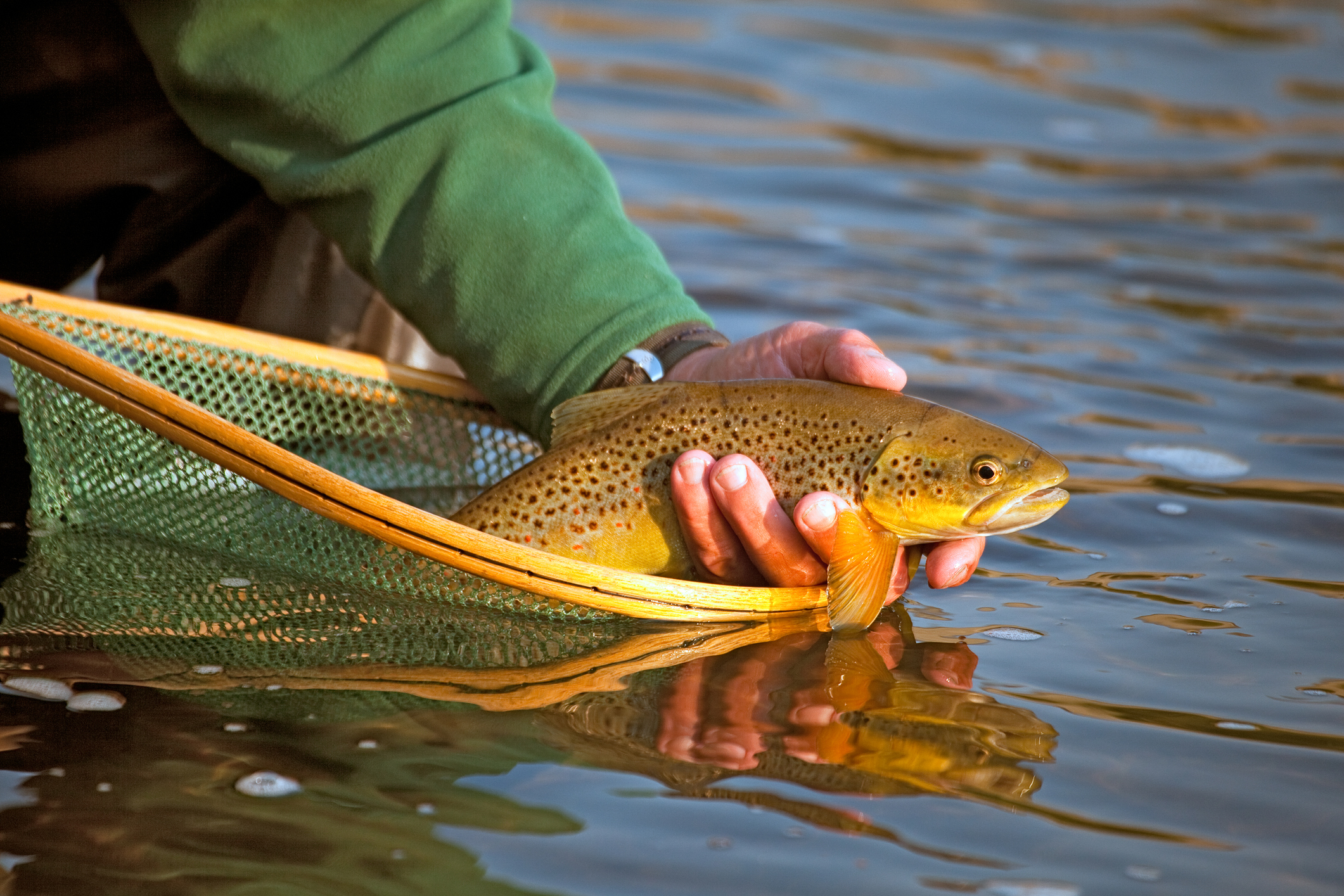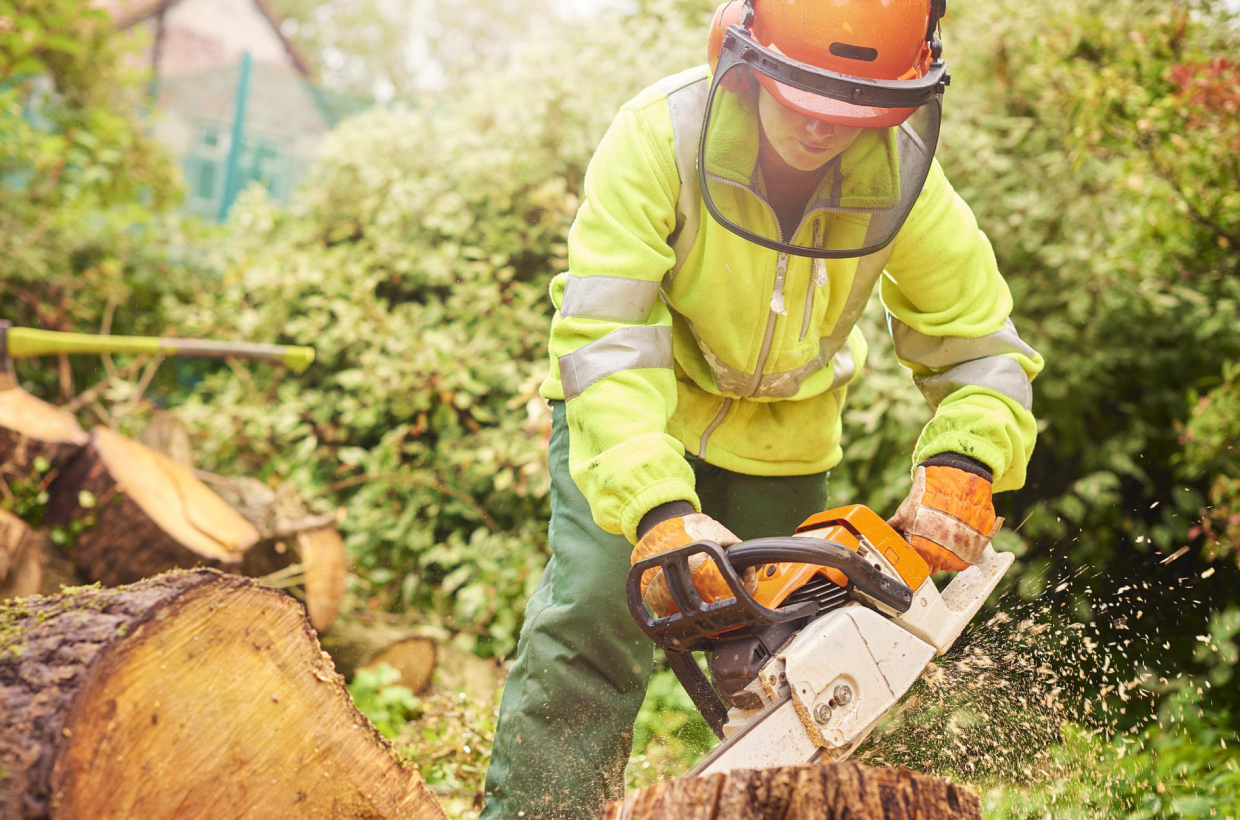
Water Bailiffs protect fish stocks by monitoring whether anglers are following the law. They carry warrants and have the same powers of arrest as police.
Water Bailiffs can check rod licences and arrest people if they are acting illegally. Their role can be quite varied, depending on the employer and where they are in the UK, as the law relating to fisheries differs significantly:
In Scotland and Northern Ireland, Water Bailiffs are similar to gamekeepers on land, looking out for poachers and other lawbreakers. They have powers of search and arrest like those of police officers
In England, Ireland and Wales, Water Bailiffs are employed by the Environment Agency, Inland Fisheries Ireland and Natural Resources Wales. Angling clubs may have ‘bailiffs’ but they do not have any special legal powers, only enforce the fishery rules and permits. If an angler breaks the rules, this makes them a trespasser in law, so wording used in permits is important
Also known as: Angling Enforcement Officer
You'll need:
a good understanding of fishery law at local and national level
a good awareness of health and safety issues
a friendly and polite manner with members of the public
to be assertive enough to challenge poachers, polluters and other offenders
to complete reports and maintain accurate records
to bear witness in court when required
to work alone and as part of a small team
physical skills such as mobility and co-ordination, and a good level of fitness
to be able to swim and handle boats
A full driving licence is usually required to patrol the specified area.
Around 40 hours per week. Work will often involve night shifts and weekend work. Part-time and seasonal work is also possible.
Policing waterways to check for unlawful fishing and enforcing regulations
Checking anglers’ licences and permits, where applicable
Preparing evidence and statements for prosecution cases
Handling general enquiries from the public
Working with other organisations, such as the police, to prevent and tackle illegal fishing
Offering information and advice to fisheries about legal restrictions
Activities involve patrolling a specified, often remote area by car, boat or on foot in all weather conditions.
The job may involve some heavy physical work and, on occasions, the pursuit of offenders over rough ground. Bailiffs often have to wade in cold, flowing water wearing waterproofs, rubber boots or waders and lifejackets.
Training is an essential part of any job, giving you the skills and knowledge you need to do your job safely and correctly. It also helps to strengthen your current skill set and prepares you for the next stage in your career.
Apprenticeships help you build the experience and skills that employers want to see. No matter what stage you’re at, they’ll help set you up for a bright future. There are lots of ways to get involved.
In England and Wales, it may be possible to become a team leader or manager within the Environment Agency or Natural Resources Wales.
Water Bailiffs can also move into related work in the environmental sector such as fish farming.
Water Bailiff will usually work in one of the following industries. Click below to find out more about possible career paths.
The popularity of angling brings lots of different opportunities to work in both wild and managed fisheries.
The industry needs enthusiastic, skilled workers to help protect and restore our rivers and fisheries and grapple with issues like climate change, pollution, overfishing, catchment management and changing freshwater habitats.
Jobs in fisheries management involve looking after wild fish stocks and their freshwater habitats, as well as working in commercial stocked fisheries.
Day-to-day tasks might include monitoring and surveying, managing fishery habitats, investigating fish health and stock levels, maintaining water quality, or doing technical project work. If you like working with the public then there are lots of opportunities to share your knowledge of sustainable fishing, or you may even get the chance to help enforce regulations to protect fishing and its habitats.
There is estimated to be over 3 million recreational anglers in the UK
Fish are a good indicator of river ecosystem health as well as supporting recreational and commercial fisheries
Recreational coarse and game fishing is a major tourism activity, providing direct financial benefits to local economies with almost all the spends going directly into the local community
It is estimated that more than 150,000 people participate in an angling activity each year in the Republic of Ireland, contributing a significant amount to tourism and recreation economies
These courses are perfect if you are starting out on your career but they are also great for people already in jobs who want to improve their skills.
To find out more about qualification levels in England please visit Regulated Qualifications Framework (RQF) for England and Northern Ireland or Framework for Higher Education Qualifications for England, Wales and Northern Ireland (FHEQ) .
To find out more about qualification levels in Northern Ireland please visit Regulated Qualifications Framework (RQF) for England and Northern Ireland or Framework for Higher Education Qualifications for England, Wales and Northern Ireland (FHEQ).
To find out more about qualification levels in the Republic of Ireland, please visit National Framework of Qualifications for Ireland (NFQIE)
To find out more about qualification levels in Scotland please visit Scottish Credit and Qualifications Framework (SCQF).
To find out more about qualification levels in Wales please visit Credit and Qualifications Framework for Wales (CQFW) or Framework for Higher Education Qualifications for England, Wales and Northern Ireland (FHEQ).
| Title | Level |
|---|
These courses are perfect if you are starting out on your career but they are also great for people already in jobs who want to improve their skills.
Whether you’re just starting out in the workplace, want to upskill or are considering changing direction, Apprenticeships are a fantastic way to build your career. Apprenticeships combine work with on-the-job training, so if you want to earn as you learn, there’s an apprenticeship out there for you – you can even start an apprenticeship if you already have a degree.
Work, earn and learn – no matter where you are in your career, an apprenticeship can set you up for a bright future.
Let’s get started!
Want to take on an apprentice? Employers start here.
An apprenticeship is a unique blend of work experience and study to help build the skills and knowledge you need for your career. Apprentices are employees – they have a contract, are paid and get the same benefits as everyone else. But the difference between an apprenticeship and a normal job is that apprentices are regularly released from work for training. Sometimes that’s a day a week, sometimes it’s for a longer block – it all depends on the job and the apprenticeship.
Apprentices work for all kinds of people at all kinds of stages in their lives. Most apprentices fall into one of three categories:
Previously restricted to school leavers and young people, apprenticeships are now a dynamic way of retraining people of all ages - there’s no upper age limit. The minimum age to become an apprentice is 16 and candidates can’t be in full-time education.
Apprenticeships offer a unique combination of paid work and study. They’re an exciting option for anyone who wants to gain experience, upskill or change career while working.
They offer a chance to work, learn and earn:


Interested in becoming an apprentice? Search for current opportunities and apply here.
Find your apprenticeship
You can also check vacancies on employer websites or get in touch with your local careers service.
What’s it like to work, earn and learn? Find out what apprentice life is really like.
Explore apprenticeship stories
Institute of Fisheries Management
Find out more
Canal & River Trust
Find out more
British Trout Association
Find out more
Fisheries Management Scotland
Find out more
The Angling Trust
Find out more
Ulster Angling Federation
Find out more
Thinking about your finances is important when you're looking at courses and training - different types of funding support is available depending on what type of course you're interested in and where you are located. We recommend you contact the training provider for more information on course costs and financing, but here are some links to connect you to support available:
Skills Hub Scotland is an online skill sharing marketplace creating new opportunities to learn and share skills. Wherever you are located - if you have a skill to share, or a skill to learn, Skills Hub Scotland can help.
Initially founded as a response to the Scottish Government’s CivTech 5 programme in 2020 and aiming to offer a platform for those in rural or remote locations, Skills Hub Scotland has been developed into an important sectoral resource. If you have a skill to share with others or are a training provider, list your workshop or course (all skills from all sectors are welcome). If you are a learner, use Skills Hub Scotland to search for and book a course!
STEM is an approach to learning and development that incorporates the areas of science, technology, engineering and mathematics. Learning in STEM connects to Education for Sustainable Development/Learning for Sustainability and the Sustainable Development Goals – this helps learners to understand that STEM plays a vital role in finding solutions to real world issues or challenges such as protecting biodiversity and tackling climate change. There are multiple pathways into a land-based STEM career including apprenticeships, further and higher education. This means that a career in STEM is open to everyone!
STEM Learning is the largest provider of STEM education and careers support in the UK. Their STEM Ambassadors programme sees volunteers representing a vast range of STEM-related jobs work with young people to bring STEM subjects alive through real life experiences. They help to open the doors to a world of opportunities and possibilities which come from pursuing STEM subjects and careers. To become a STEM Ambassador, you can register via the STEM Learning website: https://www.stem.org.uk/stem-ambassadors/join-stem-ambassador-programme
Lantra have worked in collaboration with STEM Ambassadors in Scotland to create two specific UK-wide Ambassadors schemes - Forestry and Aquaculture. Through these schemes, we want to make sure that those working in forestry and aquaculture have the support materials they need to take part in STEM activities. To find out more and register for the schemes, please follow the links below:
Smart Futures helps young people in Ireland discover the STEM subjects and careers that might be right for them. Co-ordinated and managed by Science Foundation Ireland, their programme allows young people to connect with people that are working in STEM, the organisations they’re working in and what their interests and skills are.
Why not take a look at the Industries Explorer as an introduction to the different areas you could work in.
If we can support you with any specific information, please click the button below to get in touch.